Which Way Home est un film américain de genre Documentaire
Which Way Home (2009)
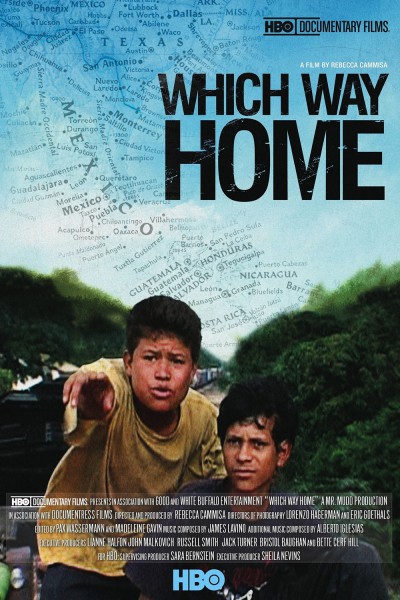
Si vous aimez ce film, faites-le savoir !
- Infos
- Casting
- Infos techniques
- Photos
- Vidéos
- Passages TV
- Citations
- Personnages
- Musique
- Récompenses
Which Way Home est un film documentaire américain réalisé par Rebecca Cammisa sorti le 31 janvier 2009.
Synopsis
Le film suit plusieurs enfants qui tentent de fuir le Mexique et l'Amérique centrale pour les États-Unis, sur le toit d'un train qui traverse le Mexique connu sous le nom La Bestia (La Bête).Commentaires
Postez un commentaire :
Suggestions de films similaires à Which Way Home
Il y a 8965 ayant les mêmes genres cinématographiques, 411 films qui ont les mêmes thèmes, pour avoir au final 70 suggestions de films similaires.Si vous avez aimé Which Way Home, vous aimerez sûrement les films similaires suivants :

Sewing Woman (1982)
, 14minutesRéalisé par Arthur Dong
Origine Etats-Unis
Genres Documentaire
Thèmes L'immigration, Documentaire sur une personnalité
Acteurs Lisa Lu
Note69%





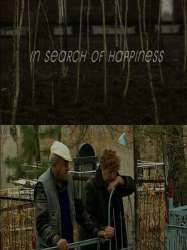
V Poiskach Schastia (2005)
, 54minutesGenres Documentaire
Thèmes L'immigration, Religion, Documentaire sur le droit, Documentaire sur une personnalité, Documentaire sur la religion, Religion juive

Bab Sebta (2008)
, 1h50Origine Portugal
Genres Documentaire
Thèmes Afrique post-coloniale, L'immigration, Documentaire sur la politique, Politique
Note71%





Bab Sebta signifie en arabe « la porte de Ceuta ». C’est le nom du passage situé à la frontière entre le Maroc et Ceuta, l’endroit vers où convergent tous ceux qui, venus de différentes régions d’Afrique, cherchent à émigrer en Europe. Ce lieu est symbolique de la possibilité de mener une vie meilleure ou être condamné à rester sur le continent noir. Le film Bab Sebta parcourt quatre villes africaines à la rencontre de ces voyageurs et de leurs rituels d’attente.

Origine Etats-Unis
Genres Documentaire, Musical
Thèmes L'immigration, La musique, Documentaire sur le droit, Documentaire sur la musique, Documentaire sur une personnalité, Musique
Note73%





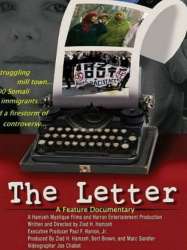 , 1h16
, 1h16Réalisé par Ziad Hamzeh
Origine Etats-Unis
Genres Documentaire
Thèmes L'immigration, Documentaire historique, Documentaire sur la politique, Politique
Note76%





In October 2002, former Mayor of Lewiston Laurier T. Raymond wrote an open letter addressed to leaders of the Somali immigrant community, predicting a negative impact on the city's social services and requesting that they discourage further relocation to the town. The letter angered some persons and prompted various community leaders and residents to speak out against the mayor, drawing national attention. Demonstrations were held in Lewiston, both by those who supported the immigrants' presence and those who opposed it. In January 2003, a small white supremacist group demonstrated in the city in support of the mayor, prompting a simultaneous counter-demonstration of about 4,000 people at Bates College and the organization of the "Many and One Coalition".
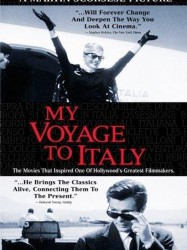
Mon voyage en Italie (1999)
, 4h6Réalisé par Martin Scorsese
Genres Documentaire
Thèmes Film traitant du cinéma, L'immigration, Documentaire sur le monde des affaires, Documentaire sur le cinéma, Documentaire sur une personnalité, Documentaire de voyage
Acteurs Martin Scorsese
Note81%





Martin Scorsese nous livre une introduction informative au cinéma italien, un hommage aux films et aux réalisateurs qui l'ont inspiré (Rossellini, Visconti, Fellini, Antonioni) ainsi qu'une autobiographie.

Seaview (2009)
, 1h21Genres Documentaire
Thèmes L'immigration, Documentaire sur le droit, Documentaire sur une personnalité
Note77%





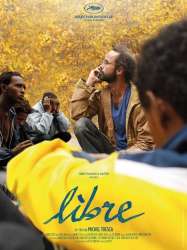
Libre (2018)
, 1h40Réalisé par Michel Toesca
Origine France
Genres Documentaire
Thèmes L'immigration, Politique, La précarité, Documentaire sur la politique, Politique
Note59%





Au printemps 2015 alors qu'il habite à Saorge, village de la vallée de la Roya, Michel Toesca commence à recueillir des images de migrants débarqués à Vintimille, ville italienne en aval de la vallée, sans alors avoir de projet de film en tête. Pendant plus de 2 ans il suit le parcours de migrants voulant passer la frontière ainsi que de citoyens leur venant en aide notamment Cédric Herrou, un agriculteur qui a été arrêté puis inquiété par la justice pour son aide apportée aux exilés.
 Connexion
Connexion
